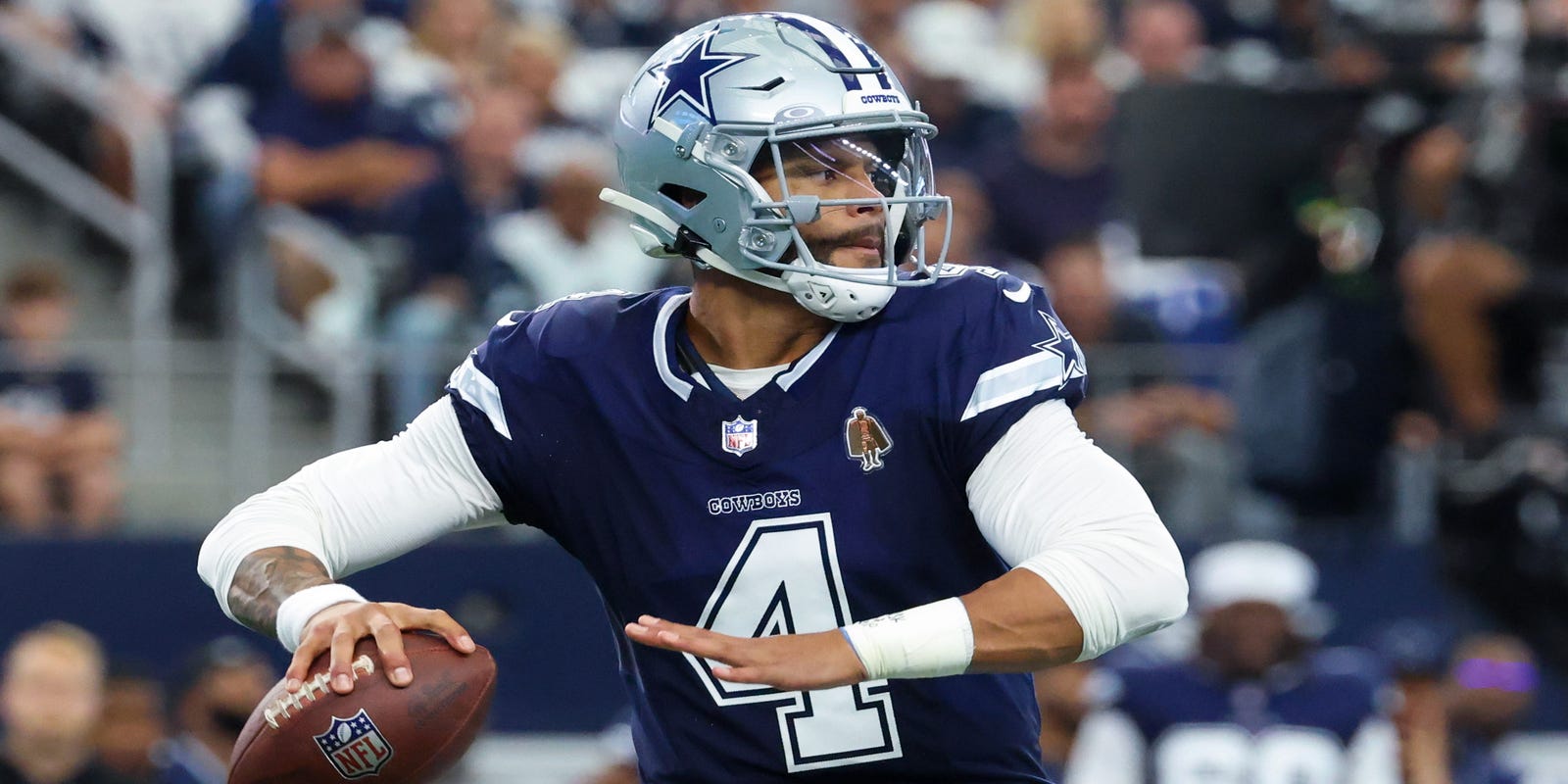Tackling Mental Health: Dak Prescott's Powerful Message to Students on Suicide Prevention

Beyond the Football Field: Dak Prescott's Powerful Mental Health Mission
Dallas Cowboys quarterback Dak Prescott continues to prove he's more than just a football star, demonstrating remarkable leadership and compassion off the gridiron. On Friday, Prescott took a significant step in supporting youth mental health by visiting local high school students, sharing his personal insights and encouraging open conversations about emotional well-being.
Known for his resilience both on and off the field, Prescott has become a powerful advocate for mental health awareness. His visit to the high school underscores his commitment to breaking down stigmas and empowering young people to prioritize their psychological wellness.
By using his platform and personal experiences, Prescott is showing teenagers that seeking help and discussing mental health challenges is a sign of strength, not weakness. His proactive approach serves as an inspiring example for athletes and young people nationwide, reinforcing the importance of emotional support and self-care.
